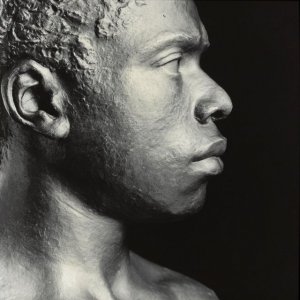Twentieth-Century Ideologies of "Late Style" in the Reception of Elliott Carter’s Music
Abstract
This paper analyses how 20th-century ideologies of late style shaped the reception of American composer Elliott Carter (1908-2012). Carter lived to nearly 104, but speculation about his late style began in the late 1970s. Thus, for roughly the last third of his life, Carter’s music was interpreted through 20th-century ideologies of late style. Carter defied two key expectations: that late style should become more complex and difficult, and that late style should reflect the disabling effects of aging on the composer. The former was linked to the ideology of postwar musical modernism, which was defined in terms of Beethoven’s late style. Carter’s music seemed to become more accessible, provoking anxieties about the fate of modernism in an increasingly postmodern world. The latter derived from ideologies of aging, retirement, and disability that arose after WWII. Carter’s seeming youthfulness and vitality were celebrated in what disability studies terms an “overcoming narrative.”
Downloads
Pubblicato
Come citare
Fascicolo
Sezione
Licenza
Copyright (c) 2023 Elephant & Castle

TQuesto lavoro è fornito con la licenza Creative Commons Attribuzione 4.0 Internazionale.






